To get better at listening, students need time to practise. Try doing some one-minute listening challenges. Pair up students and have them take turns being the Listener and the Speaker. Choose familiar topics to speak about.
Repeat back: The Listener listens carefully without interrupting. After the Speaker finishes, the Listener paraphrases what was said, summarising the key points in their own words.
Listening noises: The Listener practises saying Hmm or making other noises to give encouragement, query, agree and so on.
Expressions: The Listener practises nodding and giving appropriate facial expressions, to demonstrate interest.
Encouraging phrases: The Listener practises giving short, encouraging phrases, to support the Speaker to keep talking. For example, Go on. That’s interesting. OK… Really? Wow! That’s terrible! Oh no! The idea is to choose very short, general phrases that match the mood of what’s being said.
Key words: The Listener jots key words, either that they hear, or that summarise content, throughout the minute.
Three questions: The Listener asks three relevant questions at the end of the minute.

Three steps to help your class develop their listening skills
A detailed description including building, helping, sharing and working together
It’s great that they are motivated to speak next, but are they really listening?
How do they want to behave to become great 4C thinkers?
Show your pupils that you are trying to understand their thinking
A fantastic, free resource to help your pupils develop their creative listening skills
The advantages of getting students to pass the talk to each other
Six things you can do to help pupils gain the skills and confidence to speak to a room full of people

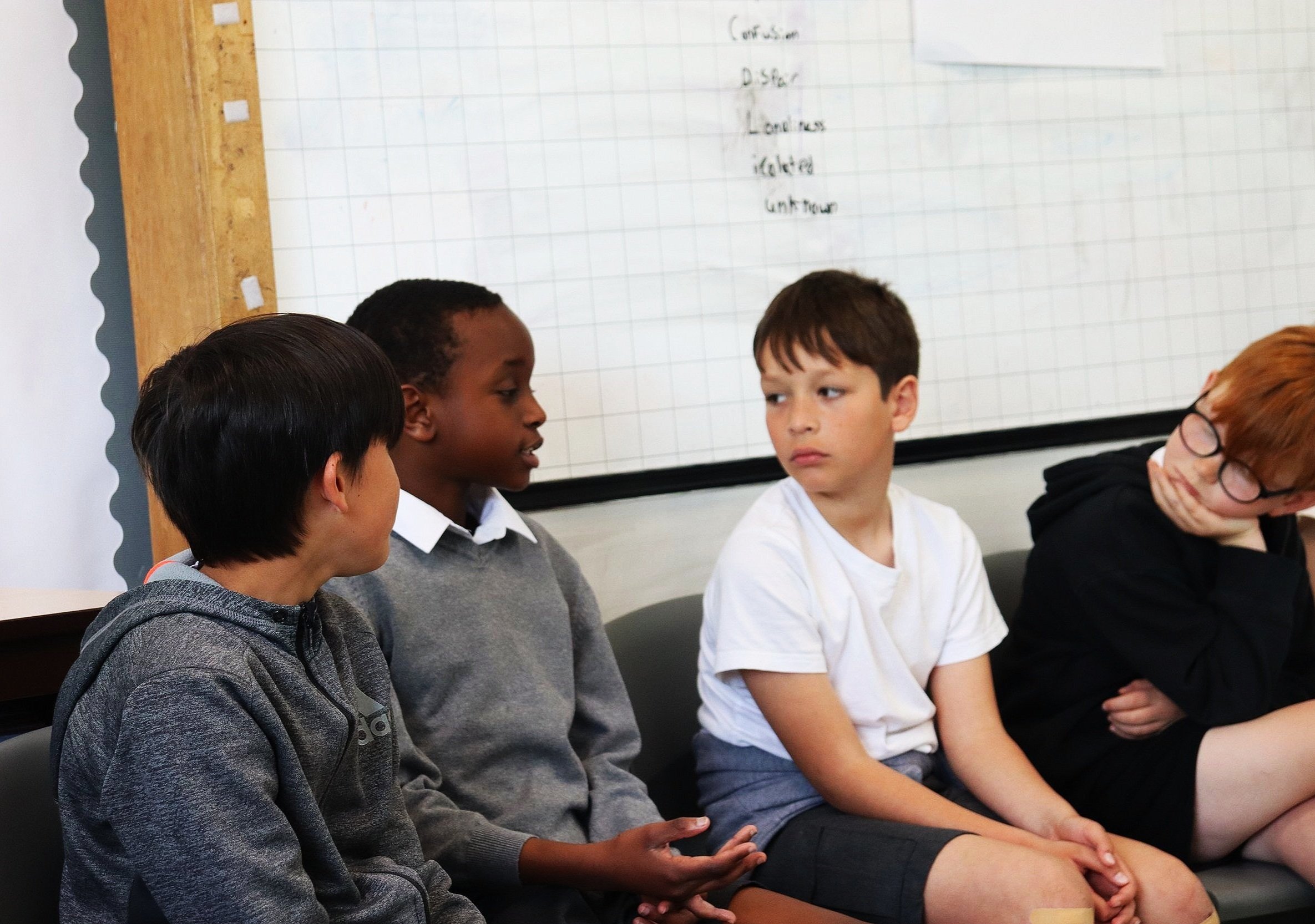


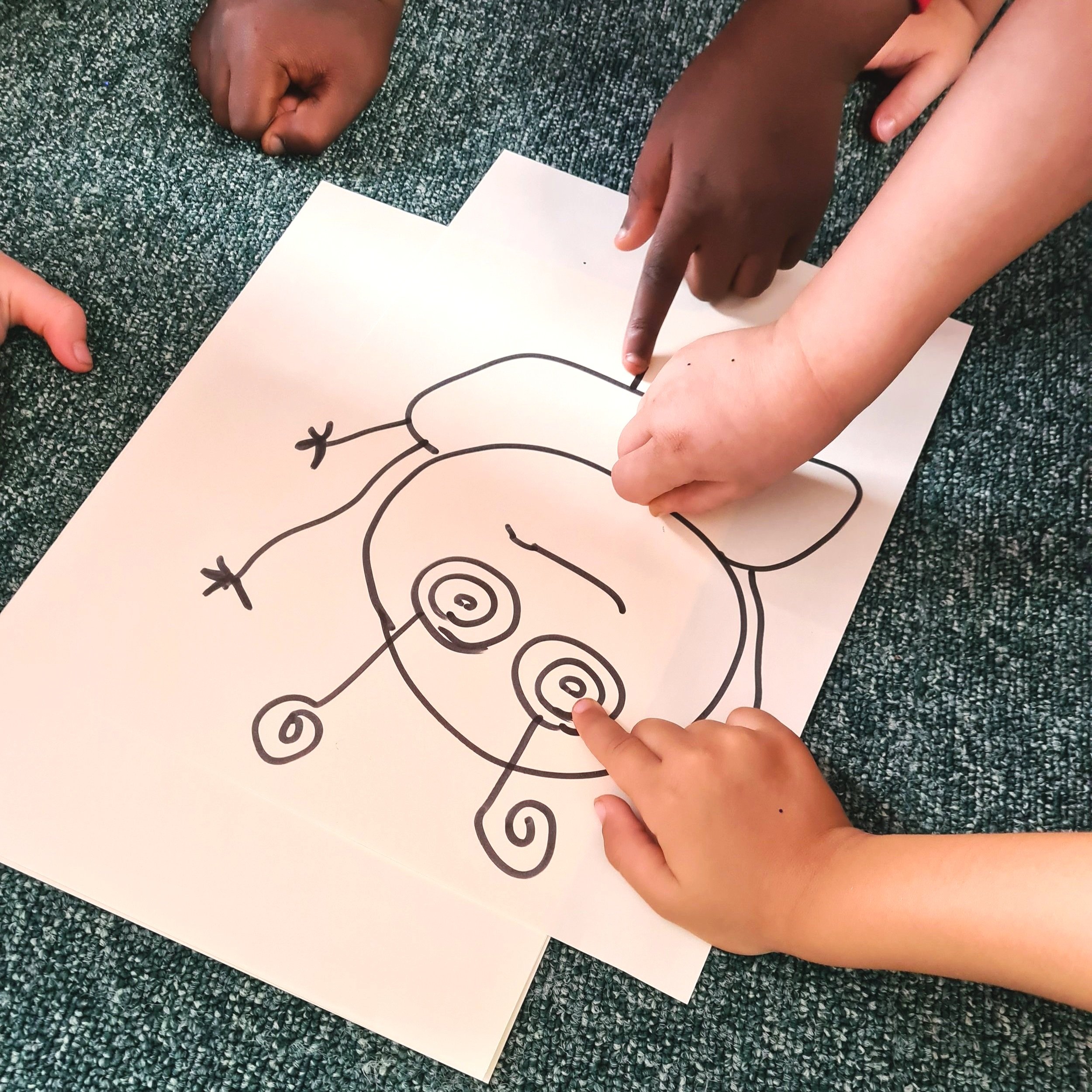





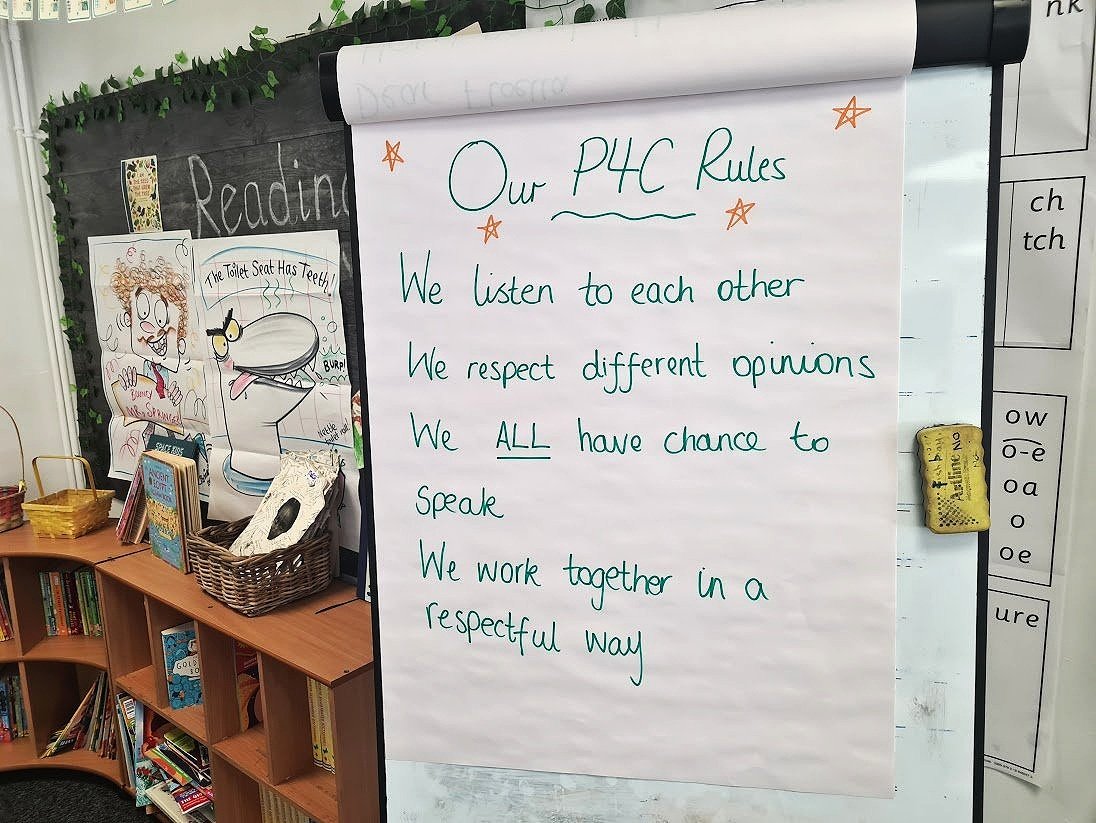



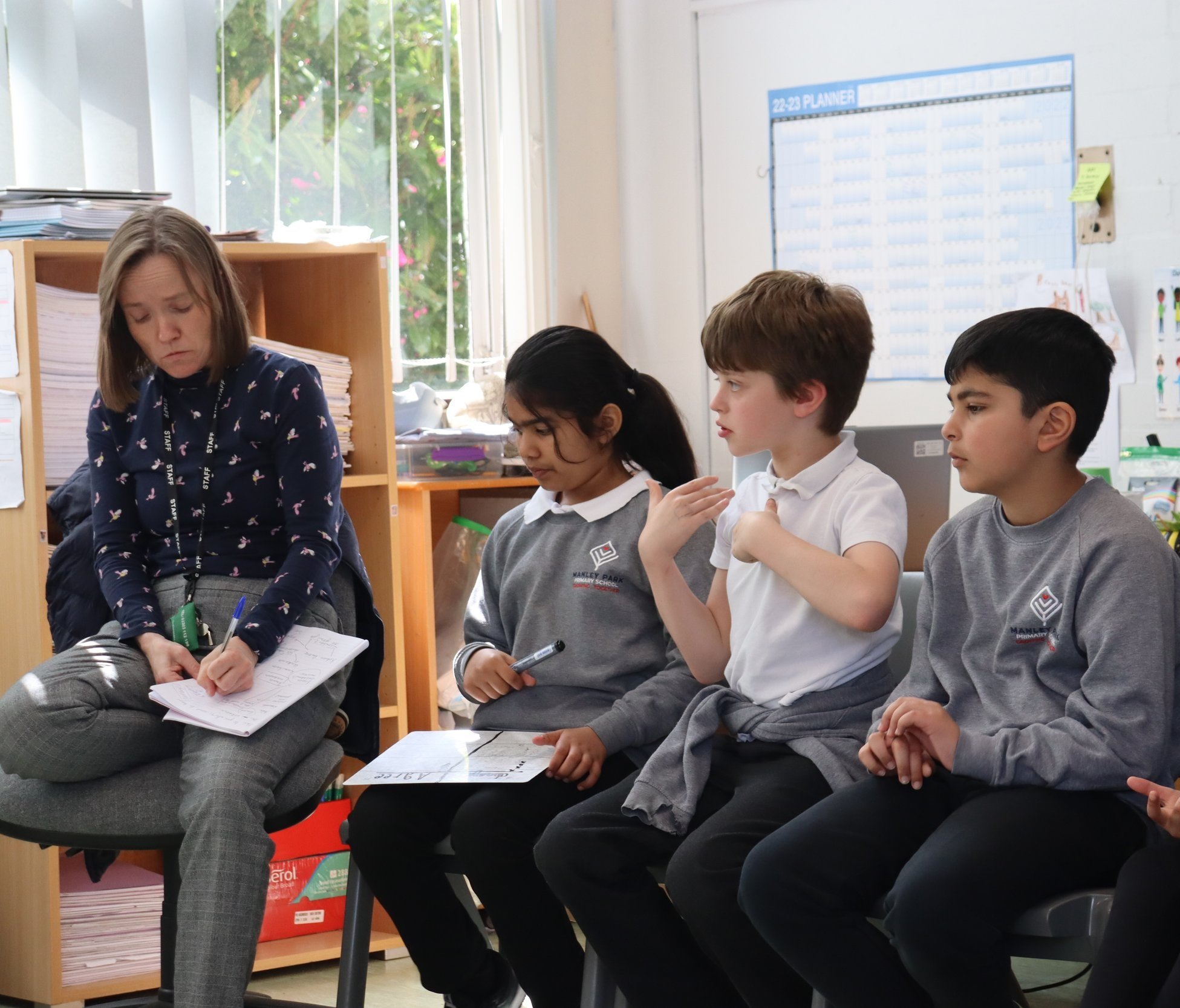

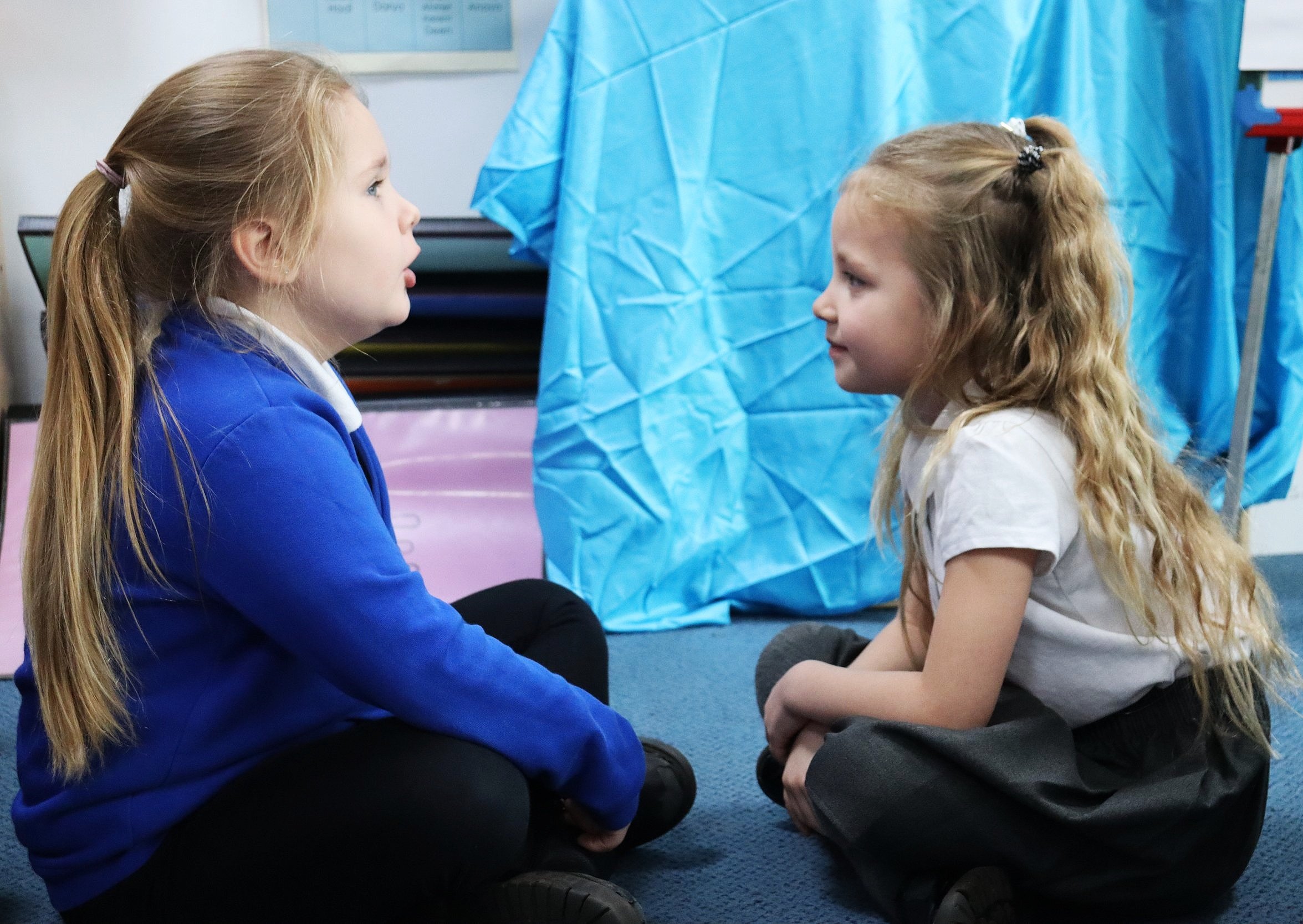
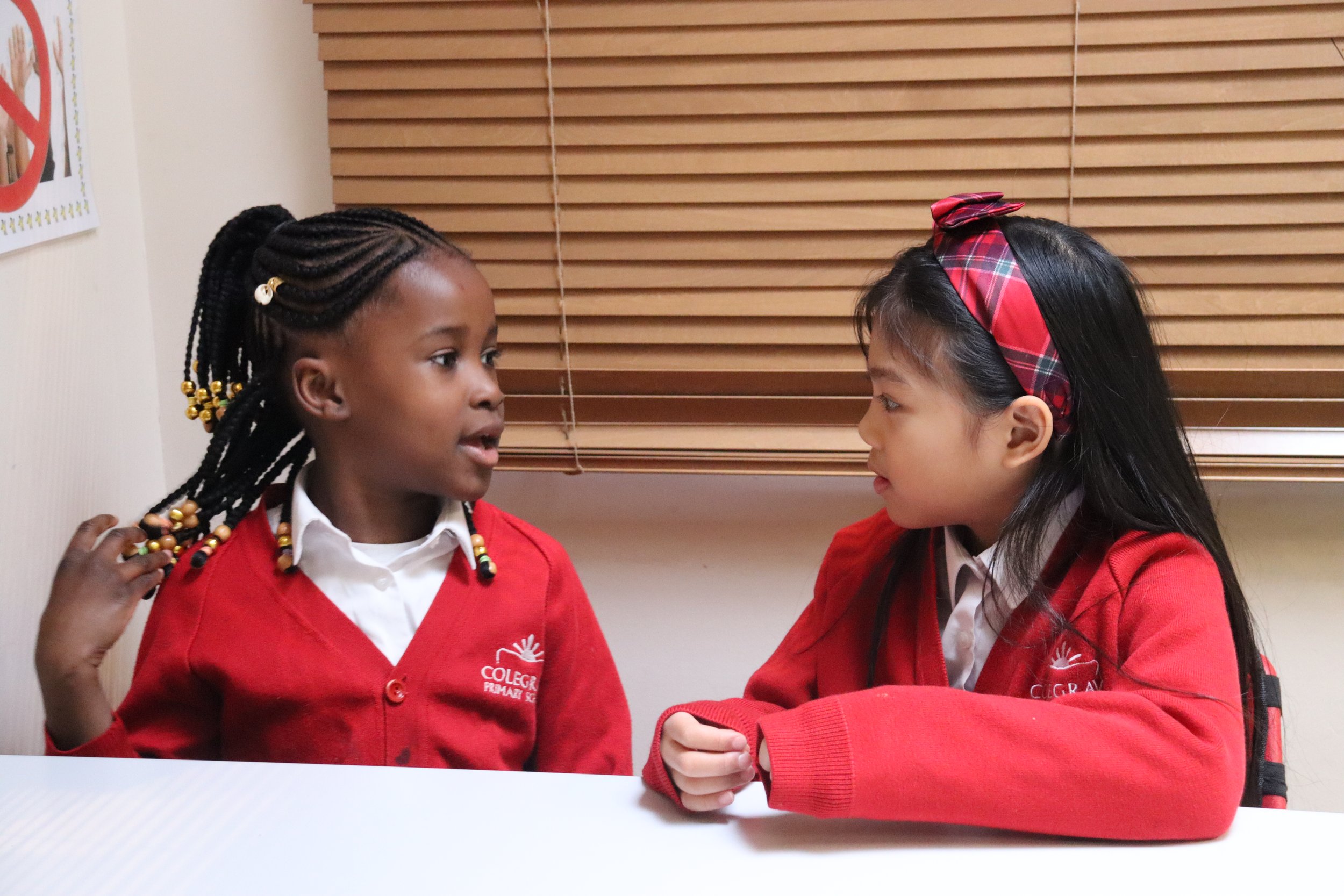





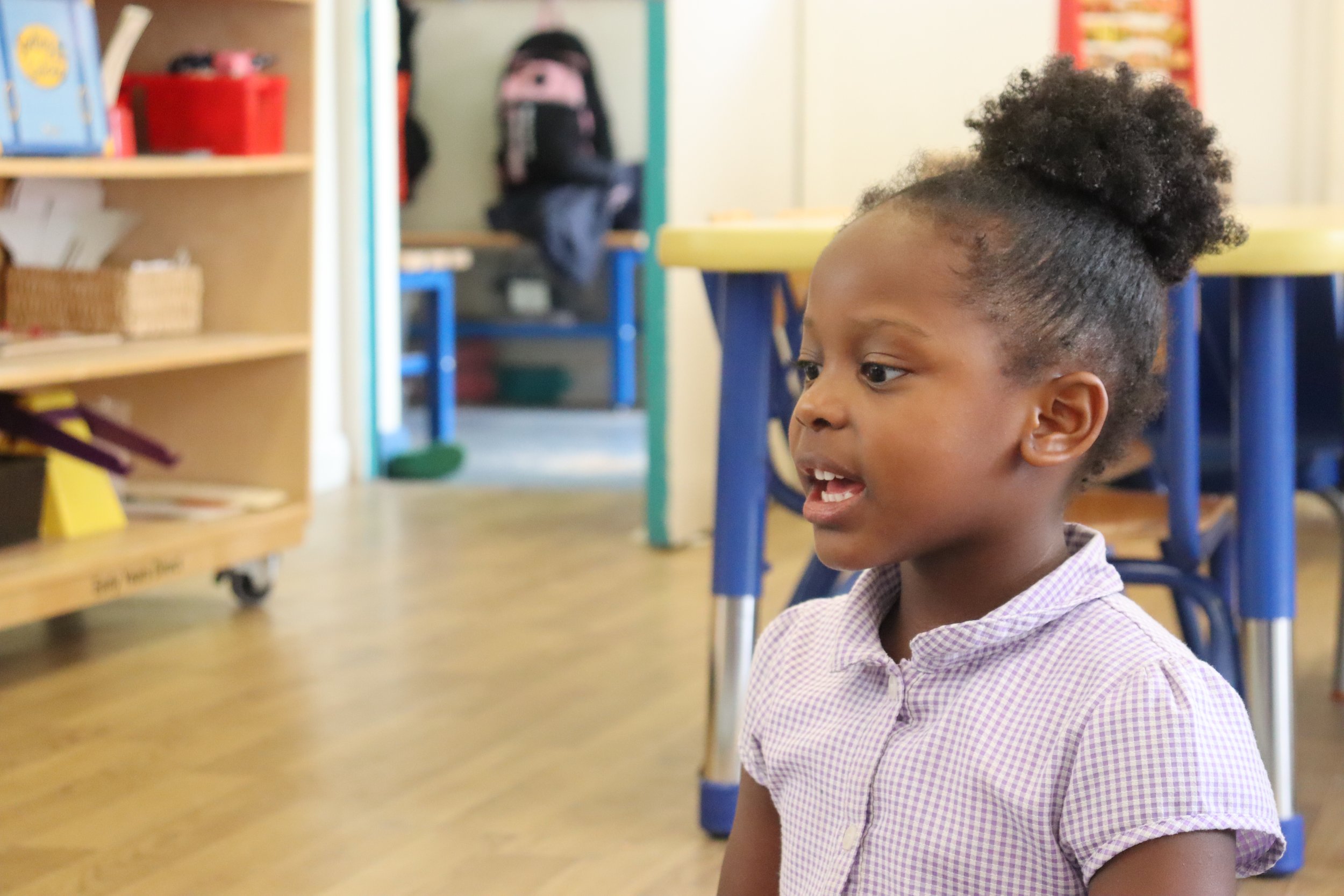

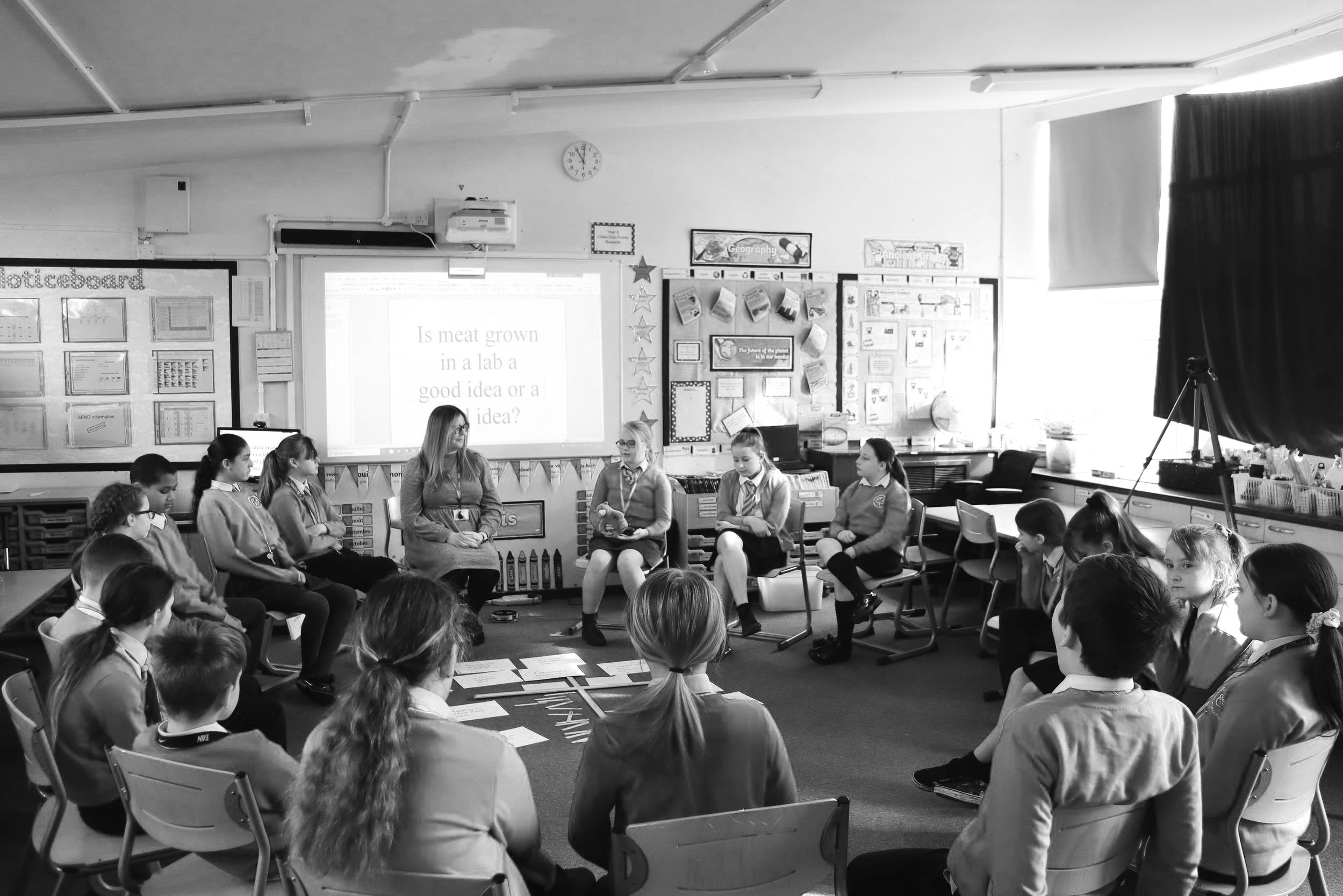



Can they remember what everyone else said?